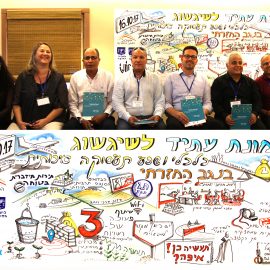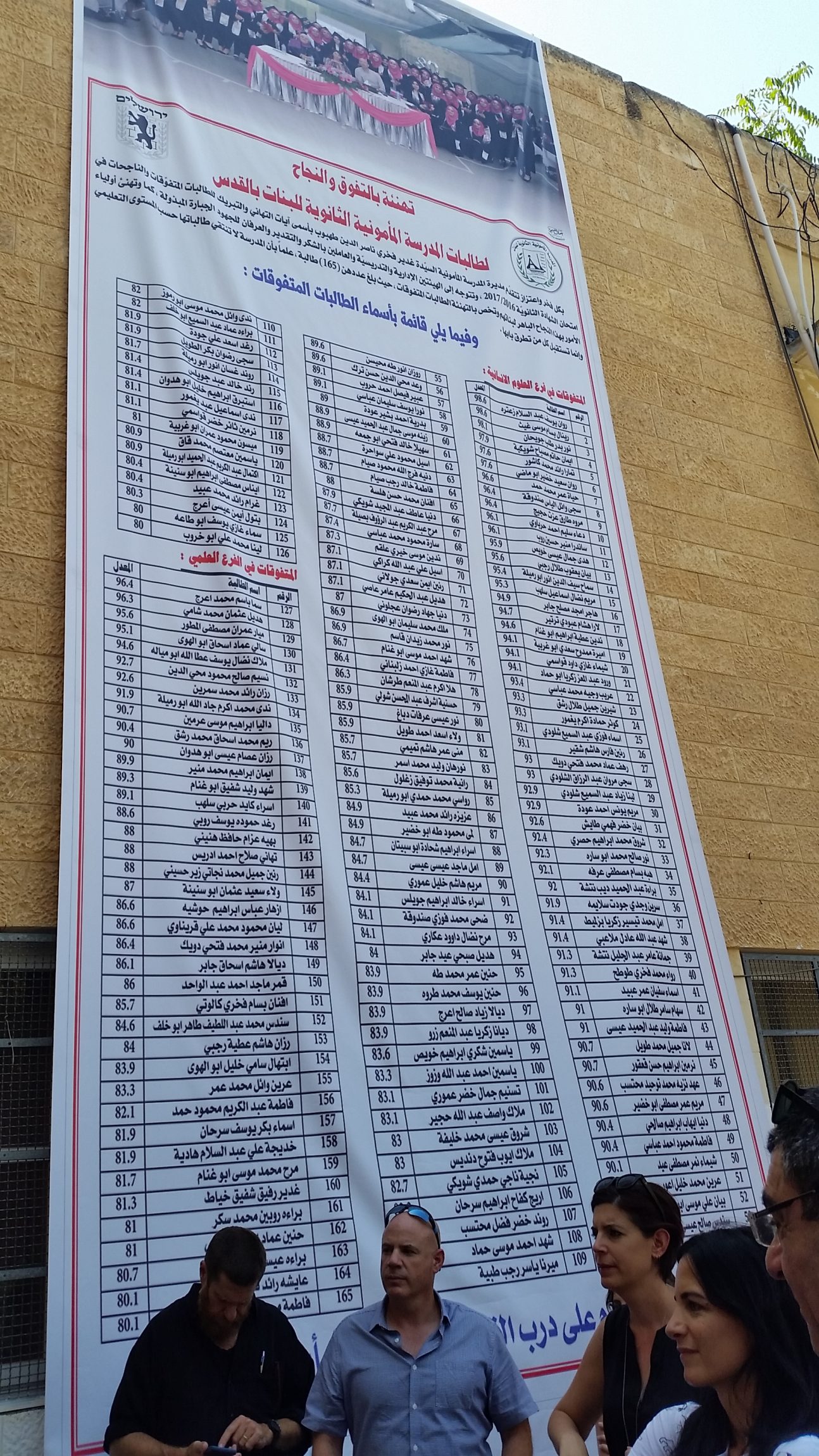The Need: Over half of Israel’s 256 cities, towns, and regional councils, are in Israel’s periphery. Many are home to underserved populations that could benefit from strong leadership to improve their lot. Yet, with each town acting as a local government unto itself, they lack the economies of scale and sufficient resources to have the necessary impact on issues such as unemployment which is more far reaching than just one town.
The Answer: Joint Elka developed Regional Clusters to enable leaders of small municipalities to pool assets and work together to address region-wide challenges, gain improve service provision and strengthen their strategic capabilities. Since the first 11 clusters were created and proved their value, the program was adopted by the Interior Ministry and is being implemented nationally. Building further on the Clusters’ regional approach an expert forum formulated a policy paper, “Recommendations for Regionalism and Decentralization Reforms in Israel, which was accepted by Interior Minister in November 2020.
Joint Elka Forging Systemic Change: The Regional Clusters represent a breakthrough in tackling the systemic challenge of regionalism and resource utilization, The cluster introduced the concept of a regional governance layer – which is common to most OECD countries but as yet not Israel – to bring decision-making to those who understand local needs, leading to improved services in education, transport, and health, and improved employment, commerce and economic development. In terms of Joint Elka’s MAPS approach, the Clusters pilot changed mindsets and cultivated abilities, leading through to the proposed new layer which represent the pipes and mechanisms needed to forge major system change.




